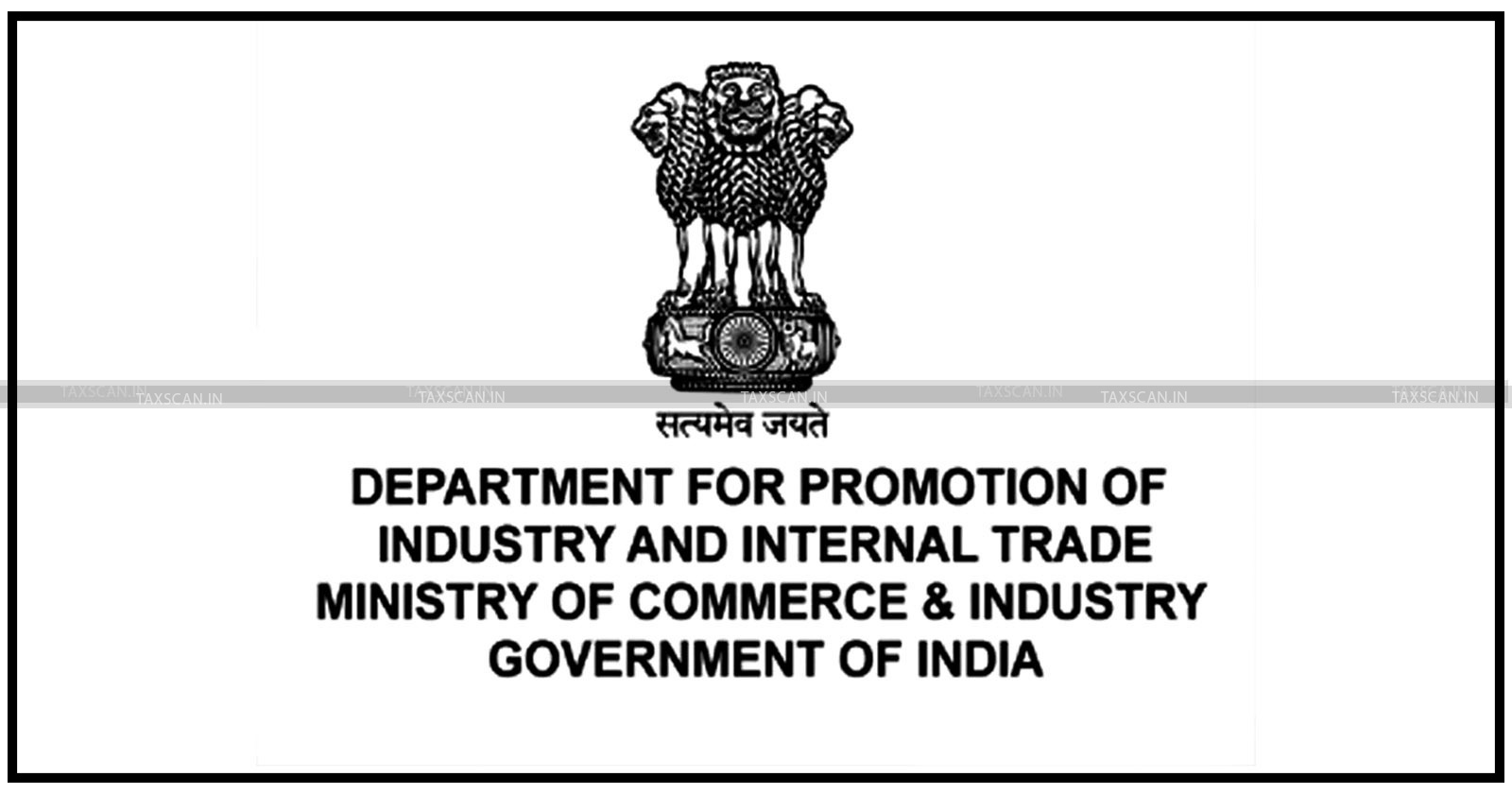DPIIT notifies Boiler (Inquiry, Adjudication and Appeal) Rules, 2024 [Read Notification]
These rules shall apply to all Union territories.

DPIIT – Adjudication – Inquiry – Internal Trade – Department for Promotion of Industry – DPIIT notifies Boiler – Commerce and Industry – tax news – taxscan
DPIIT – Adjudication – Inquiry – Internal Trade – Department for Promotion of Industry – DPIIT notifies Boiler – Commerce and Industry – tax news – taxscan
The DPIIT (Department for Promotion of Industry and Internal Trade) under Ministry of Commerce and Industry has notified the Boiler (Inquiry, Adjudication and Appeal) Rules, 2024.
In accordance with sub-section (1) and clauses (ca) and (cb) of sub-section (1A) of section 28A of the Boilers Act, 1923, the Central Government made the Boiler (Inquiry, Adjudication and Appeal) Rules.
These rules shall apply to all Union territories. Any person including an inspector may file a complaint in Form-I through electronic means or speed post or by hand to the adjudicating officer regarding any contravention committed under section 22, 23, subsection (1) of section 25 and 30 the Boilers Act.
Holding of Inquiry (Rule 5)
For adjudicating whether a person has committed any contravention under section 26A of the Act, the adjudicating officer is required to issue a notice in Form II to the individual, giving them a minimum of seven days to show cause why an inquiry should not be held. This notice must clearly indicate the nature of the alleged contravention. If the adjudicating officer deems an inquiry necessary after considering the response, a subsequent notice will be issued requiring the individual's personal or representative's appearance on a specified date.
On the scheduled date, the adjudicating officer will explain the alleged contravention and relevant Act provisions to the individual or their representative. The officer will then allow the individual to present documents or evidence pertinent to the inquiry, with the possibility of adjourning the hearing if needed. The officer has the authority to summon any person with relevant knowledge to provide evidence or documents. If the individual fails to appear, the officer may proceed with the inquiry in their absence, documenting the reasons.
Upon reviewing the evidence, if the adjudicating officer finds the person guilty of contravention, a written order imposing a reasonable penalty will be issued, specifying the Act provisions violated and reasons for the penalty.
This order must be dated, signed, and a copy provided free of charge to both the complainant and the individual involved, with a copy also sent to the Chief Inspector. The entire proceeding must be completed within six months from the notice issuance.
The notice or order can be served to the individual directly, through electronic means or registered/speed post, or by affixing it to a conspicuous part of the premises if other methods fail.
Appeal (Rule 6)
Any person aggrieved by an order of the adjudicating officer under these rules may appeal to the appellate authority using Form-IV, as specified under section 26B of the Act. The appeal must be filed within sixty days from the date of the order. However, the appellate authority may accept an appeal filed after this period if the appellant can demonstrate a valid reason for the delay.
The appeal must include a copy of the adjudicating officer's order, a clear statement of the facts being appealed, the grounds for the appeal, and the relevant section of the Act. The appellant can file the appeal in triplicate either in person, through an authorized representative, an appointed advocate, or via registered post, speed post, or electronic means. An appeal sent by post is considered filed on the day it is received by the appellate authority.
Further, the appeal will be scrutinized. If it is found to be in order, it will be admitted. If defective, the appellant will be notified and given twenty-one days (or an extended period if granted) to rectify the defects. Failure to do so may result in the appeal being declined, with reasons recorded in writing. The appellate authority will serve a copy of the appeal to the respondent by hand, registered post, speed post, or electronic means, who then has thirty days to reply.
The appellate authority may request records from the adjudicating officer related to the proceedings. After giving both parties an opportunity to be heard, the appellate authority will pass orders deemed reasonable. The appellate authority is required to dispose of the appeal within sixty days from the date of its admission.
Extension of time (Rule 7)
The adjudicating officer or the appellate authority may, for reasons to be recorded in writing, where there is a reasonable cause for the delay or failure to act, extend any period specified in these rules till such period as he considers reasonable.
Order and penalties (Rule 8)
(1) Every order under these rules, shall be dated, signed and communicated to all the parties.
(2) All sums realised by way of penalties under these rules shall be credited to the Consolidated Fund of India.
To Read the full text of the Notification CLICK HERE
Support our journalism by subscribing to Taxscan premium. Follow us on Telegram for quick updates


